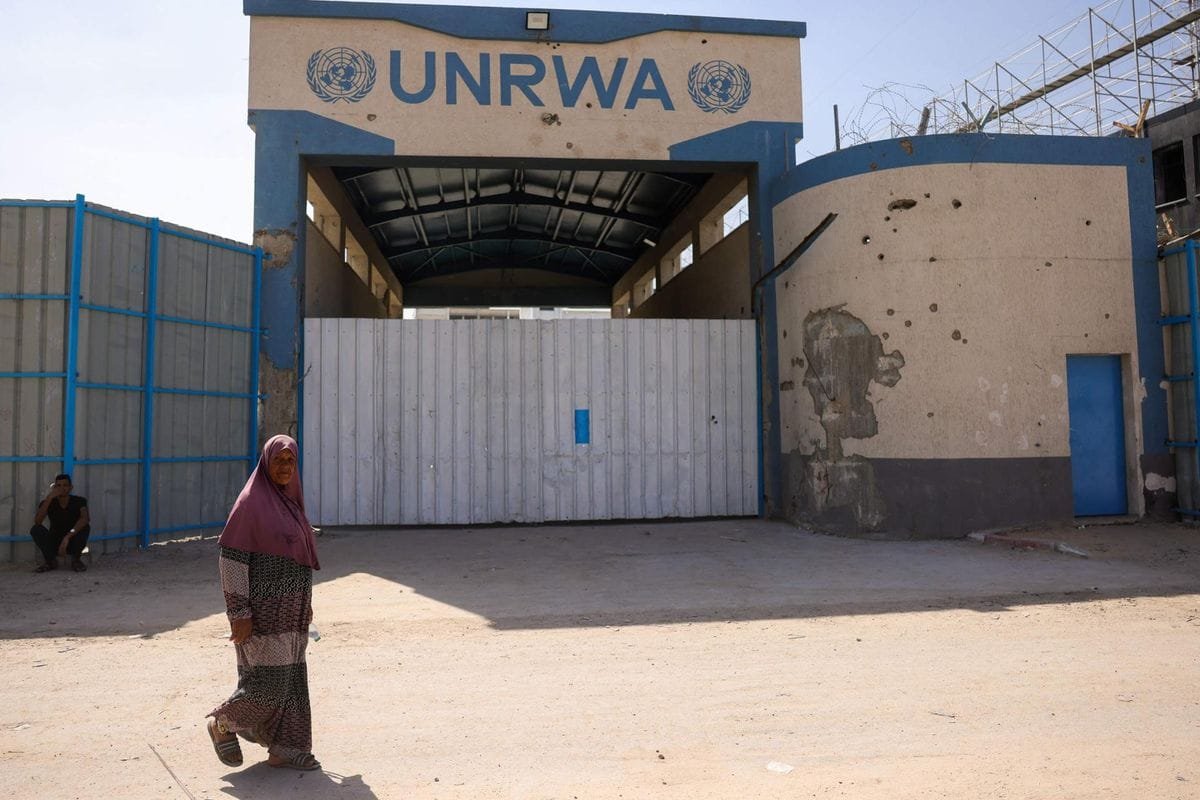JERUSALEM — The government of Israel has openly rejected the advisory opinion of the International Court of Justice (ICJ) and reaffirmed its intention to exclude the United Nations Relief and Works Agency for Palestine Refugees in the Near East (UNRWA) from operating in Gaza, even as the court ordered Israel to allow the agency to resume full humanitarian operations in the territory.
In its 22 October opinion, the ICJ found that Israel, as an occupying power in the Gaza Strip, has an obligation to “agree to and facilitate relief schemes provided by the United Nations and its entities, including UNRWA,” and ruled that Israel had failed to present sufficient evidence that UNRWA’s neutrality had been compromised to justify its exclusion. The court noted the ban on UNRWA’s operations had significantly impeded aid flows into Gaza and violated Israel’s duties under international humanitarian law.
Israel responded swiftly, with the Foreign Ministry issuing a statement that it “fully upholds its obligations under international law” but will not resume cooperation with UNRWA, citing alleged infiltration of its staff by Hamas and contending that the agency is “infested with terror activities.” Israeli officials argued that the court’s ruling fails to take account of Israel’s legitimate national-security concerns.
The situation underscores a growing clash between international legal norms and Israel’s security policy. While the ICJ ruling is non-binding and lacks direct enforcement mechanisms, legal experts say it carries significant moral and diplomatic weight, and could influence global pressure on Israel.
The ban on UNRWA operations has critical humanitarian consequences. The agency previously operated many of Gaza’s schools, health clinics and food-aid programmes, and the ICJ found that its exclusion has been used as part of a broader blockade strategy that has deprived civilians of basic needs.





